The SNP has been saved by an old leader, coaxed from retirement out of love for his party and his country.
After decades on the political front line – including an earlier stint as leader – his experience and name recognition eclipses all others in his party, who merely bask today in the success he helped deliver yesterday.
Even his opponents are begrudgingly forced to recognise his skill as a communicator and savvy as a political operator.
The SNP’s messiah is, of course, not John Swinney, but Nigel Farage.
The Reform UK leader’s comeback has propelled his party up the polls and – with no small measure of irony – looks set to help the SNP save face come July 4.
‘Increasingly desperate minds’
A new Survation poll this week has suggested Reform UK are slowly but steadily gaining in ground in Scotland, with eight percent of voters now backing the party.
And all this while Farage himself is apparently too scared – following an unpleasant barracking on the Royal Mile in 2013 – to set foot in Scotland during the campaign.
This is bad news for the Scottish Conservative Party, who face a number of tight fights against the SNP in the north east.
Should Douglas Ross’ outfit continue to bleed support to Reform UK, then the SNP could easily come through the middle in many of the more marginal contests, giving the nationalists some much needed gains.
Such a result would, in the increasingly desperate minds of SNP strategists, constitute a face-saving win for Scottish nationalism.
After all, with SNP MPs in the central belt likely to be swept away by Scottish Labour, the nationalists desperately need something positive to talk about.
Winning a few Tory seats – and especially defeating Ross, where the SNP is ploughing in significant resource – would provide just that.
Should Reform UK deliver such a victory for the SNP, it would be a scene rich in both irony and symbolism.
‘Rescued by values SNP despises’
There is, of course, something deeply amusing about the prospect of an English nationalist coming to the rescue of a Scottish nationalist.
Nationalists of the United Kingdom unite, or so the saying could go.
Equally, there is also something deeply satirical about the SNP’s disastrous election campaign being rescued by values – and voters – that the party actively despises.
The SNP likes, at least at a leadership level, to present itself as a moderate, centre-left party in the social democratic tradition.
It supports immigration and opposes the Rwanda scheme. It favours Ukraine over Russia, and – in theory at least – wants to reverse Brexit.
Little of this, to put it politely, is likely to appeal to a typical Faragist.
Equally, given their apparent gulf in views it is little surprise to hear Swinney brand Farage a “traitor” and his views “appalling”.
Many of us would, of course, agree with these observations.
But that only serves to make it more amusing it is the “appalling” Farage who may well come to Swinney’s rescue next week.
‘Amusing…and entirely fitting’
Yet there is also a serious political point to be made here too.
Assuming Reform UK performs well in England on July 4 – either in terms of vote share or even, God help us, seats – then the SNP will doubtless claim this shows the irreconcilable difference between Scottish and English voters.
Where Scotland is “progressive” and “welcoming”, England is “backward” and “reactionary”, or so the SNP narrative will go.
But such an argument is much harder to make should a significant contingent of the Scottish electorate vote for Reform UK, and even harder still to make if SNP gains are, in fact, reliant on those very Reform UK voters.
In truth, there is nothing new in this symbiotic relationship between Scottish and English nationalism.
For all the SNP has railed against Theresa May, Boris Johnson, Liz Truss, Rishi Sunak, and – of course – Farage, its electoral success has been reliant on such figures.
Each of those leaders has, at one time or another, put party and narrow political interest ahead of the UK national interest.
It is in that context – where a prime minister starts governing for some people, rather than all people – that movements such as Scottish nationalism can flourish.
Certainly, if the last decade or more of British politics has proved anything, it is that populism begets populism, and nationalism begets nationalism, to the benefit of no one but their professional advocates.
July 4, and the prospect of a functional government operating in the national interest of the whole of the UK, could finally break that vicious cycle.
Until then, it is very amusing – and entirely fitting – the SNP may well need to rely on Nigel Farage to give it one last hurrah.
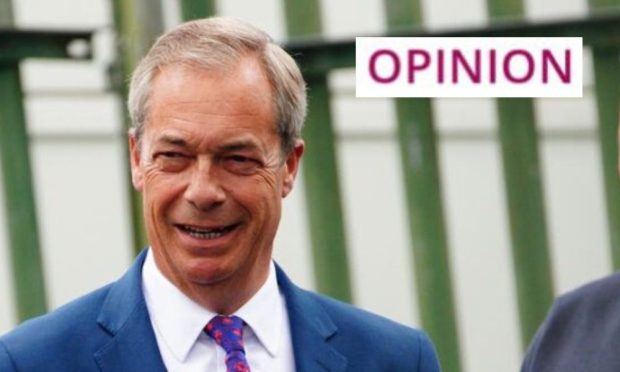
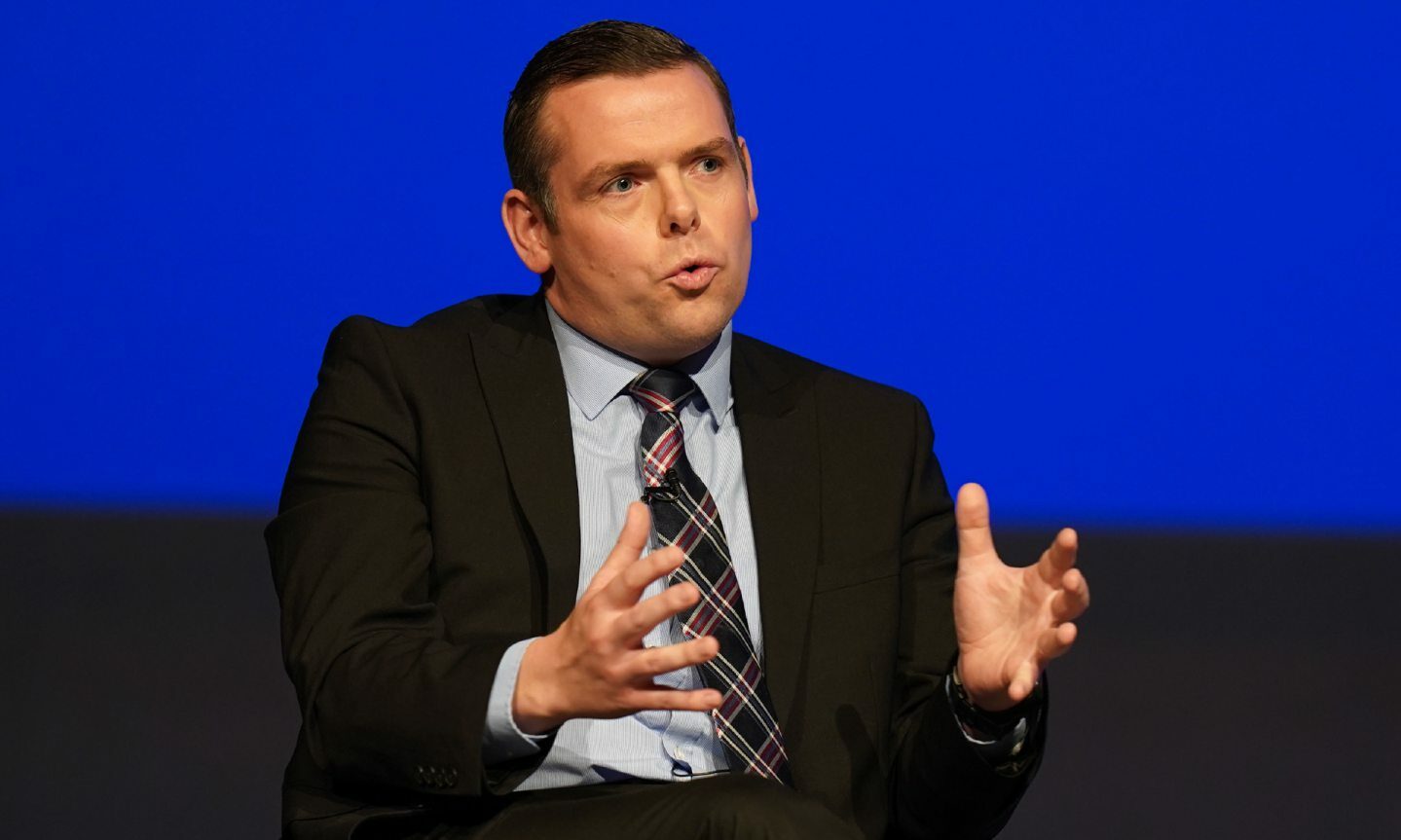
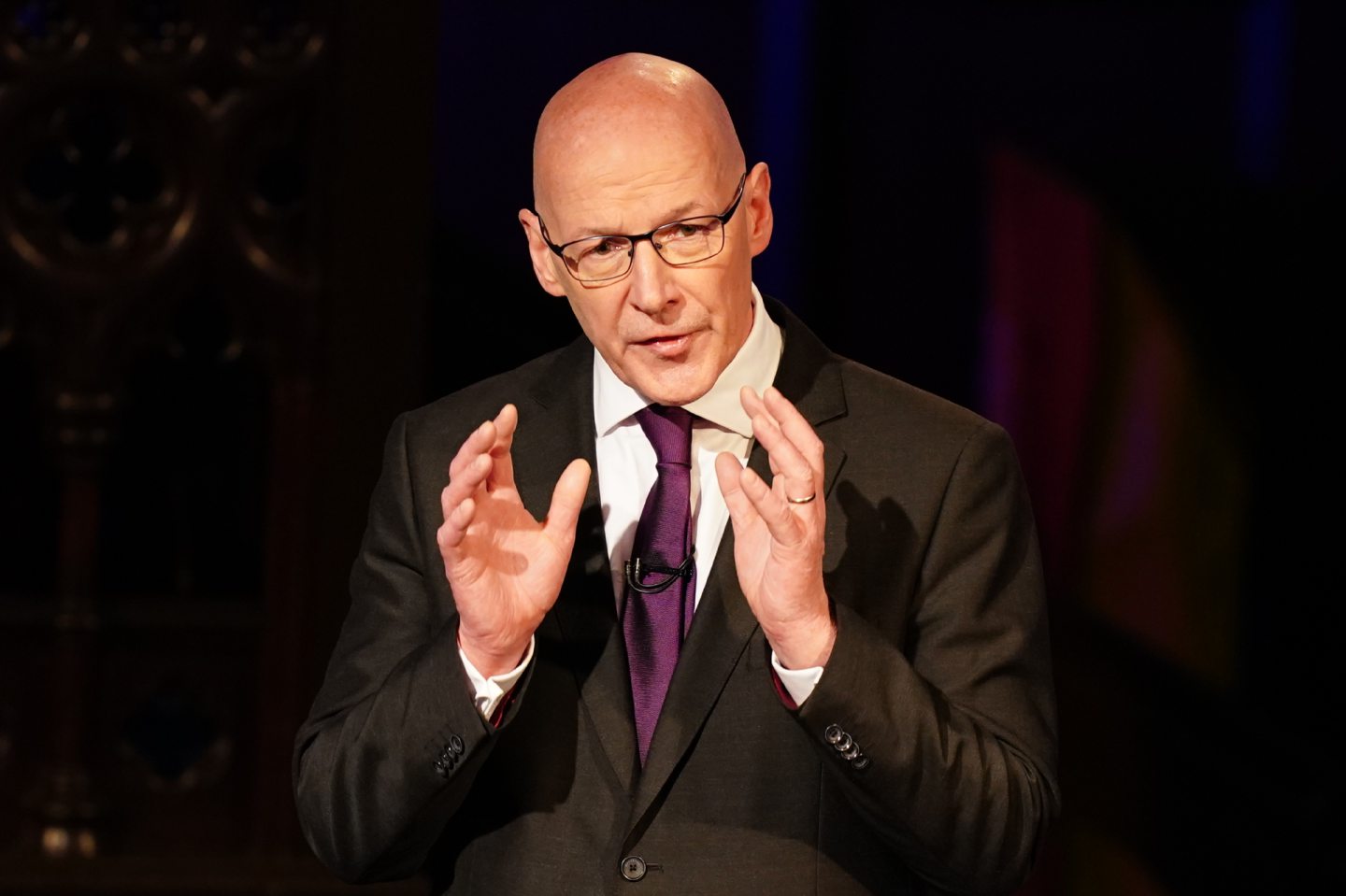






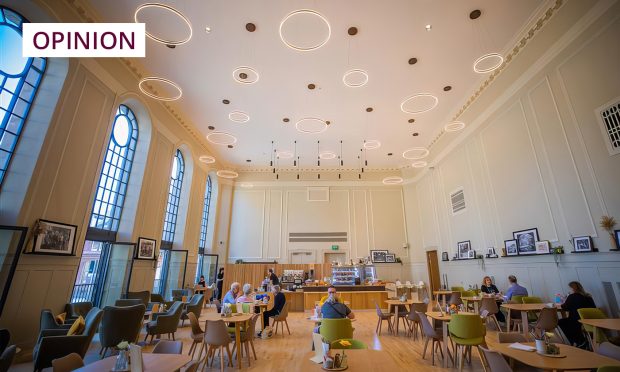

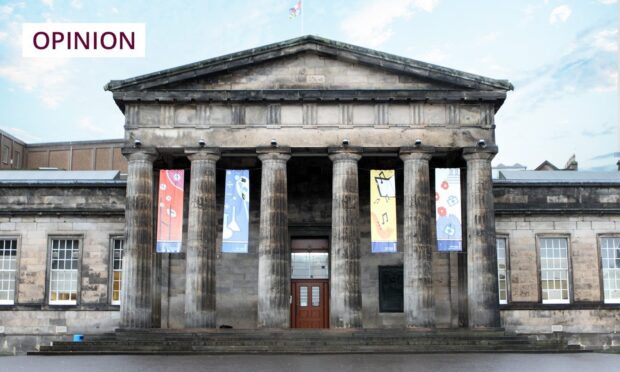
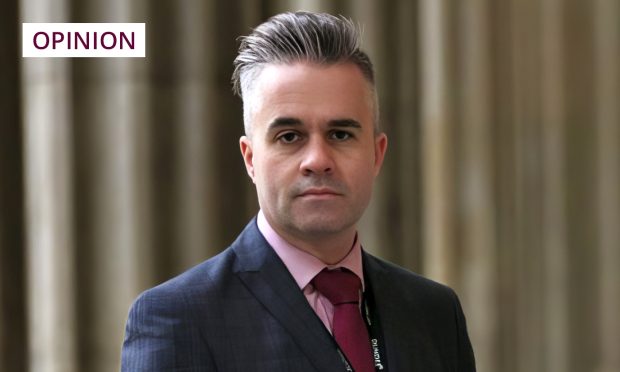

Conversation